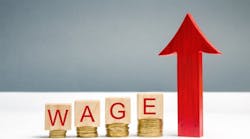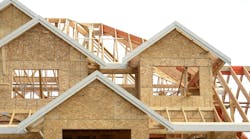How the Current Housing Boom Differs From the Bubble and Bust
Though many housing experts and economists are turning their attention to the mid-00s housing bubble and subsequent bust in comparison to current market conditions, the latest housing boom is much more stable, says Bill McBride in the CalculatedRisk Newsletter. The current market is instead similar to buying conditions of the late ‘70s and early ‘80s, when house prices and inflation increased sharply before gradually declining over the following three years.
As the Fed continues to raise interest rates and more buyers are priced out of a heated market, prices will eventually go down, but according to McBride, the drop will likely be a slow and steady one.
We should expect something similar to the what happened in the late ‘70s - a decline in real house prices seems likely, and I also expect some decline in housing starts and new home sales. With solid lending, nominal prices should be sticky downwards, and I don’t expect national declines in nominal prices.
The size of the declines in new home sales and housing starts will depend on how much inflation is embedded, and therefore how much the Fed will have to raise rates (and reduce their balance sheet) to control inflation. If a large portion of inflation is transitory, the impact on housing will be minimal. However, if the Fed has to raise rates significantly, then we would expect a larger impact.


